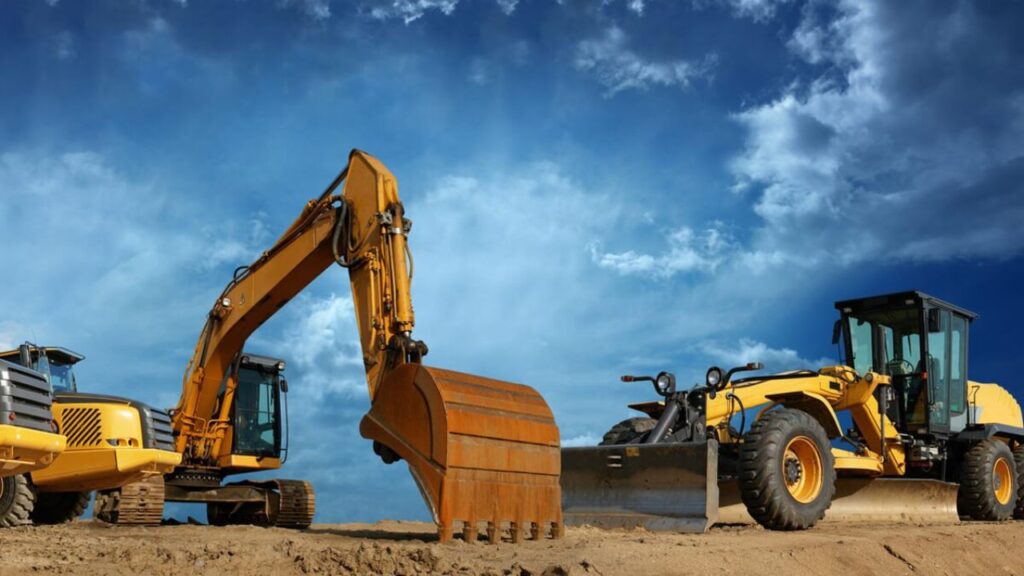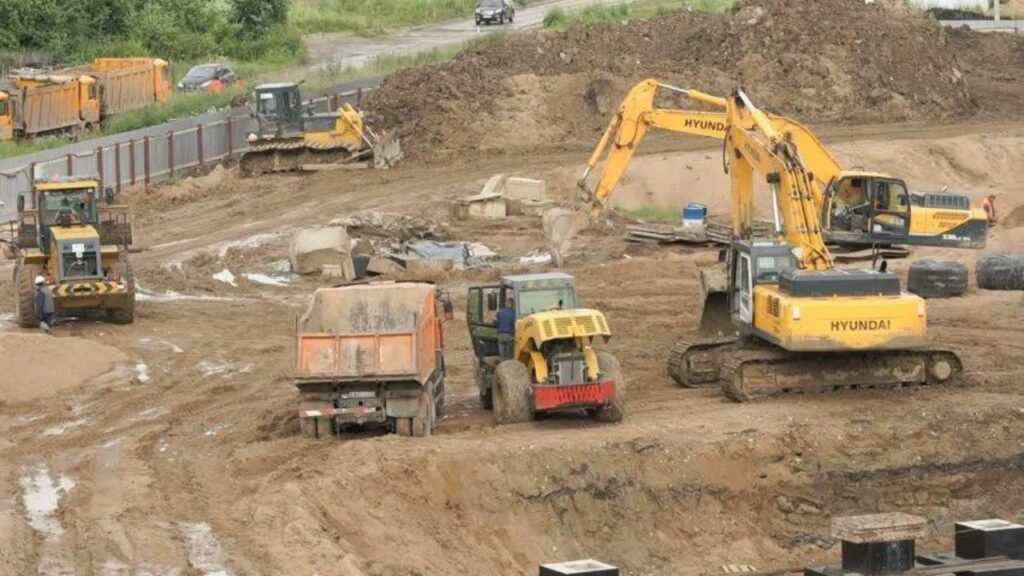Should You Buy or Rent Your Commercial Equipments?
When preparing to start a new project that you have not done before and requires new equipment, you’re faced with many questions. One of those questions is if you should buy or rent your commercial equipment. From residential to commercial construction, equipment is necessary to ensure the delivery of your new building project.
There are several pros and cons to both leasing and renting commercial equipment. However, it’s critical to evaluate your company’s future plans, capabilities, and situation. You should also consider which option is beneficial and will make your life easier. So, should you buy or lease your commercial equipment?

Research
As aforementioned, there are pros and cons to both leasing and renting commercial equipment. This decision is not easy. However, you can simplify it by researching your options. Take your time to find out all the details about leasing and buying commercial equipment. We recommend taking into account the costs.
Other items to consider include:
- Financing
- Insurance
- Transportation
- Training
- Tax Impact
- Down Payment and Purchase Price
- Lease Payments (if leasing)
- Maintenance
- Upgrades and Repairs
- Any downtime during and transition
The majority of suppliers are open about costs. But it’s critical to consult your banker, insurer, and accountant to get more details on financing and other costs. When shopping around, consider both new and refurbished equipment. Also, take into account the warranty and leasing terms.
Affordability
By now, your research is fruitful, and you’ve all the details about leasing and buying. Still, you need a clear picture. To get a clear picture, consider your resources, needs, wants, and business goals. Having a clear picture will enable you to make the right decision.
As you take a look at your business goals and finances, ask yourself the following questions:

- Can you afford to buy or lease the equipment?
- How stable or tight is your working capital?
- Do you have the capacity to maintain and upgrade the equipment when needed?
- Have you considered the costs of maintaining and upgrading the equipment?
- Who will handle training?
- How much will it cost you to train your personnel to use the equipment?
When you buy commercial equipment, you’re paying for the newest with the latest technology. However, you can lease new equipment or used equipment. The latter is more cost-effective than buying new equipment but not over the long term.
Maintenance
When you buy your own machinery, you will need regular maintenance. If something breaks, you will have to fix it and parts are not cheap. You can always opt-in for aftermarket parts but some manufacturers or suppliers will void your warranty if you do not use their own parts.
Cost of Leasing vs. Cost of Buying
If you’ve solid cash flow and finances, purchasing equipment is the best option. This is because you’ll have a lower cost of ownership, but if the cash flow is uncertain, leasing is the best option.
Leasing does not require a big upfront outlay. Not only that. You can spread out the cost with monthly payments over the years. Leasing also comes with the option of buying commercial equipment. Of course, you’ll buy the equipment at a reduced amount after the lease ends.
When you lease, you’ve got the buyout option with the choice between fair market value and the $1 buyout option. With fair market value, you can purchase the equipment at the lease’s end for its fair market value. This could be tens or hundreds of dollars.
However, with a $1 buyout option, the equipment is yours for $1. This is after your lease expires. There are also fuel costs to consider for both leasing and buying options. Roughly, a third of your expenses will go towards the purchase of fuel.
Lastly, consider tax implications. Talk to your financial advisor, and you can avoid paying capital gains tax when you buy and sell equipment for your business.
Frequency of Jobs or Project Length
The frequency of jobs and project length are deciding factors in whether you buy or lease the equipment. If the project duration is short or it’s a one-off job, leasing makes more sense. However, there is the risk of not using the equipment the entire time due to unforeseen hold-ups and changes in a project schedule.
If the project length is long term or the frequency of jobs is high, buying is the better option given that leasing payments add up the longer the project. If the equipment is multipurpose, it can save you a lot as you can use it on various projects.
Should You Lease or Buy
When deciding whether to lease or buy commercial equipment, figure out the net costs of the equipment, and factor in resale value, and tax breaks. However, if your requirements are small and you have the finances, buy the commercial equipment. This will save you money in the long run.
But if you need lots of equipment for your company for a short period such as computers and printers, leasing is better. After all, you’ll have cash aside from the savings which you can use to expand and grow your business.

